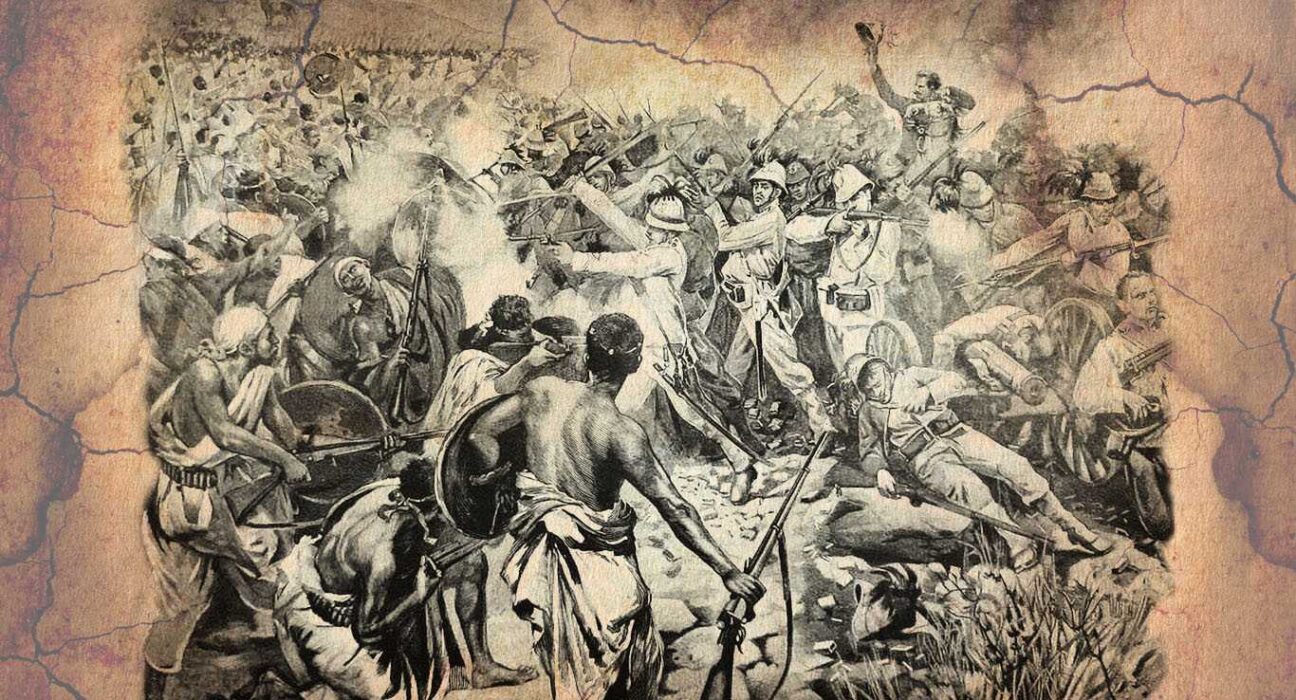Out of the 54 nations in Africa, only two — Ethiopia and Liberia — remained uncolonized throughout the European “Scramble for Africa.” While most African nations fell under colonial rule in the 19th and 20th centuries, Ethiopia and Liberia emerged as resilient exceptions. Here’s a closer look at why and how these two countries avoided European colonial dominance.
1. Ethiopia: The African Stronghold of Independence
Ethiopia, formerly known as Abyssinia, is one of the oldest nations in the world with a deep-rooted history that dates back to ancient civilizations. Its unique geography, featuring rugged highlands and mountains, played a crucial role in deterring European forces from conquering it. Additionally, Ethiopia maintained a strong, centralized government under the rule of Emperor Menelik II during the period of European expansion in Africa.
The Battle of Adwa (1896) remains one of the most significant events in Ethiopia’s history of resistance against colonization. During this battle, Ethiopia faced off against Italian forces under the command of King Umberto I. Menelik II, Ethiopia’s ruler at the time, organized a massive, well-coordinated army and successfully repelled the Italians. This victory not only marked Ethiopia’s sovereignty but also inspired resistance movements in other colonized African regions.
After the defeat, Italy signed the Treaty of Addis Ababa, formally recognizing Ethiopia’s independence and marking a rare instance where an African nation was able to defeat a European power. Although Italy briefly occupied Ethiopia from 1936 to 1941 under Mussolini’s regime, this occupation was not recognized as a colonial conquest and lasted only until the end of World War II, after which Ethiopia quickly regained its sovereignty.
2. Liberia: Africa’s First Republic
Liberia’s history is unique due to its ties with the United States. Established in 1822 as a settlement for freed African Americans, Liberia was supported by the American Colonization Society, a group advocating for the resettlement of freed slaves. These settlers, known as “Americo-Liberians,” declared Liberia an independent republic in 1847, making it the first African republic.
Liberia’s close ties with the United States shielded it from European colonization during the Scramble for Africa, as European powers recognized Liberia as a U.S. protectorate in practice, though not formally. Additionally, Liberia was less attractive to colonial powers due to its lack of rich mineral resources, which were a primary draw for European colonizers in other parts of Africa.
Why Were Ethiopia and Liberia Left Uncolonized?
The unique geopolitical, economic, and cultural circumstances in both Ethiopia and Liberia were key to their independence:
- Strategic Location: Ethiopia’s rugged highlands and strategic terrain discouraged European powers, as the cost and difficulty of invading were considerably high.
- Diplomatic Maneuvering: Both countries skillfully managed their relationships with colonial powers. Ethiopia’s Menelik II established alliances and acquired European weapons, while Liberia maintained close diplomatic ties with the U.S., leveraging these connections to protect its sovereignty.
- National Unity and Resistance: Ethiopia’s centralized monarchy and Liberia’s Americo-Liberian leadership fostered strong national unity. These internal strengths made both nations better prepared to resist or negotiate with foreign powers.
Colonialism’s Legacy in Africa
The Scramble for Africa saw nearly all African countries placed under European control, with lasting impacts on the continent’s economic, political, and cultural landscapes. Ethiopia and Liberia’s successful resistance became symbolic beacons of African resilience, inspiring other independence movements across the continent in the 20th century.
In 1963, Ethiopia further solidified its position in African independence by becoming a founding member of the Organization of African Unity (now the African Union), headquartered in Addis Ababa. Liberia also played a critical role in supporting African nations’ movements toward independence throughout the 20th century.
The Significance of Ethiopia and Liberia’s Independence Today
Today, Ethiopia and Liberia stand as important symbols of resistance and independence in African history. Both nations proudly celebrate their histories and serve as reminders of the resilience and unity needed to protect sovereignty.
For those studying African history and the impact of colonialism, Ethiopia and Liberia highlight the role of strategic diplomacy, military resilience, and national unity in maintaining independence. Their stories resonate as powerful examples of African agency during a period marked by imperial aggression, and their legacies continue to inspire advocates of sovereignty and resilience across Africa and beyond.





